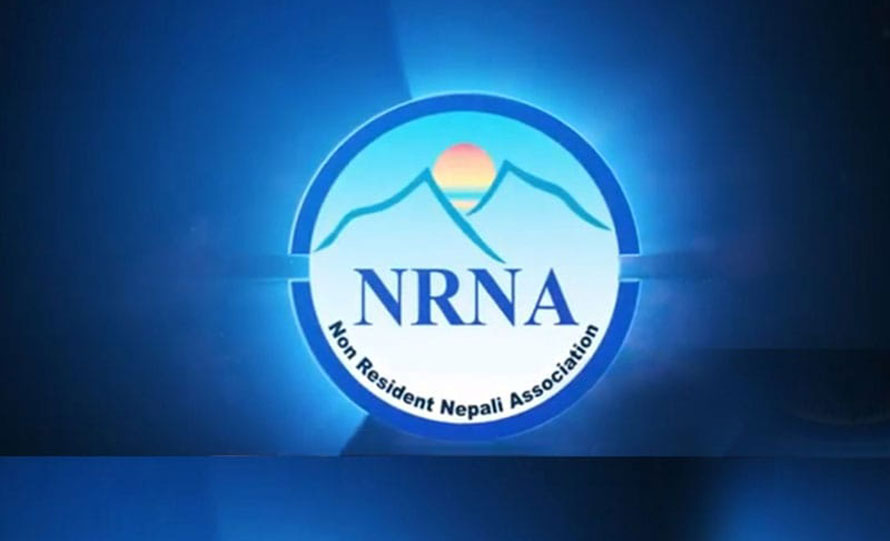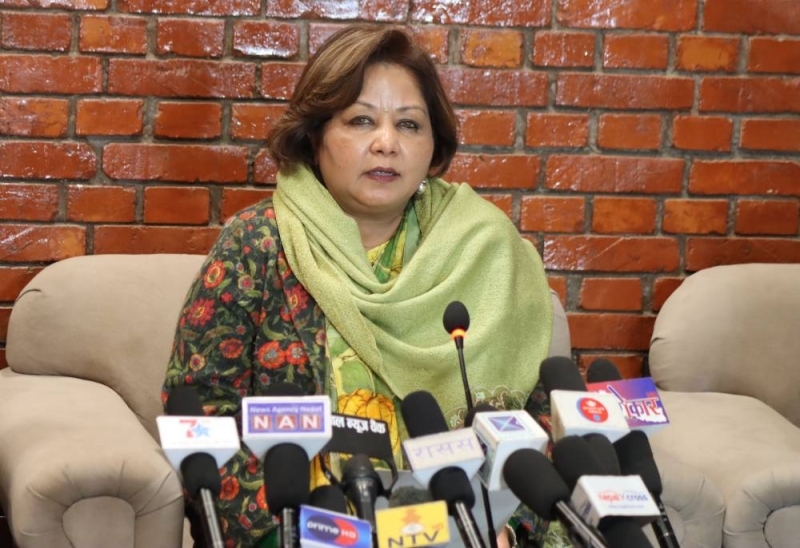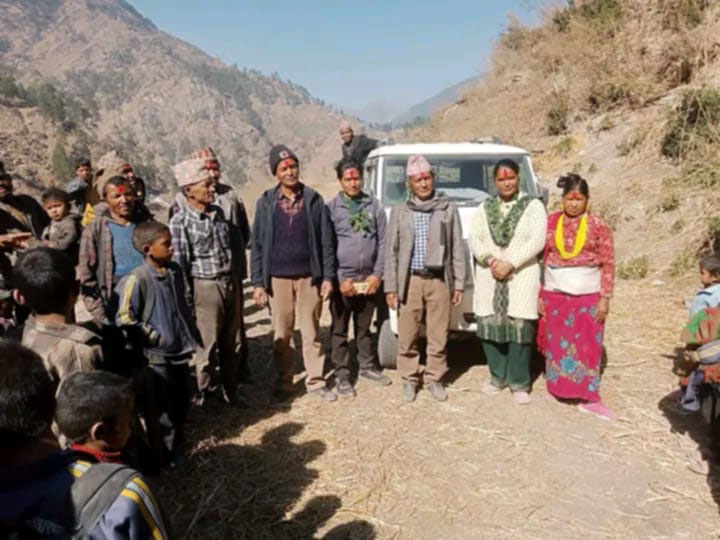Nepal Breaks New Ground: Dual Citizenship Granted to Overseas Citizens

Kathmandu—The President of Nepal, Ram Chandra Paudel, has given his approval to the Citizenship Bill, a decision that has sparked significant controversy throughout the country. The Bill to Amend the Citizenship Act, which had been stuck in limbo since its endorsement by the House of Representatives last year, was finally granted approval on Wednesday, according to a source from the Office of the President.
The Citizenship Bill aims to amend the Citizenship Act in line with the provisions of the constitution, which came into effect on September 20, 2015. The constitution envisions granting citizenship to non-resident Nepalis, with specific criteria outlined in Article 14. The approved bill includes provisions for granting non-residential citizenship to individuals who have acquired citizenship of a foreign country, have resided in a country other than a member state of the South Asian Association for Regional Cooperation, and have a familial connection to Nepali citizenship by descent. However, those holding non-residential citizenship will not enjoy political and administrative rights.
The government had formally requested President Paudel to approve the bill on May 12 after facing opposition from former President Bidya Devi Bhandari, who believed the legislation was not in the nation’s best interests. President Paudel, exercising his constitutional authority, approved the bill following a request from the Council of Ministers.
The bill had faced obstacles in the past, with former President Bhandari returning it for revision. However, the House of Representatives rejected her call for reconsideration on August 18, 2022. With the election of Ram Chandra Paudel as the new president, the ruling party gained momentum in pushing the bill forward.
Amidst the ongoing debate, the government and the president sought legal counsel regarding the enactment of the bill. The consulted lawyers reportedly supported the government’s stance, while the main opposition party, CPN-UML, demanded the introduction of a new bill in the House for approval instead of endorsing the existing one.
The approved Citizenship Amendment Bill contains several provisions, some of which have generated controversy. Notably, foreign women married to Nepali men will be eligible for naturalized citizenship upon submission of relevant documents as evidence. The bill also addresses citizenship by descent and grants naturalized citizenship.
The legislation upholds Article 10 of the Constitution, which ensures that no Nepali citizen shall be deprived of the right to obtain citizenship. It further stipulates that minors without identified parents within Nepal will be considered citizens of Nepal by descent until their parents are identified. Additionally, children born in Nepal before September 20, 2015, will acquire Nepali citizenship based on descent once they reach the age of 16, provided that both parents are Nepali citizens.
The bill also includes provisions for non-resident Nepalis to obtain Nepali citizenship. However, if individuals are found to have obtained non-resident Nepali citizenship through false information or acted against the interests of Nepal, their citizenship can be canceled by the government.
In a fresh provision, the bill allows Non-Resident Nepalis (NRNs) to acquire Nepali citizenship, regardless of holding citizenship in another country. NRNs seeking citizenship will need to present evidence of their own citizenship and their parents’ or grandparents’ Nepali citizenship. Additionally, a declaration form stating their connection to Nepal will be required.
While NRNs obtaining Nepali citizenship will have various economic, social, and cultural rights, they will not possess political rights, such as voting or holding public office.
President Paudel’s approval of the Citizenship Amendment Bill represents a significant milestone in the legislative process. The bill will now become law, potentially bringing significant changes to Nepal’s citizenship regulations.



















Facebook Comments